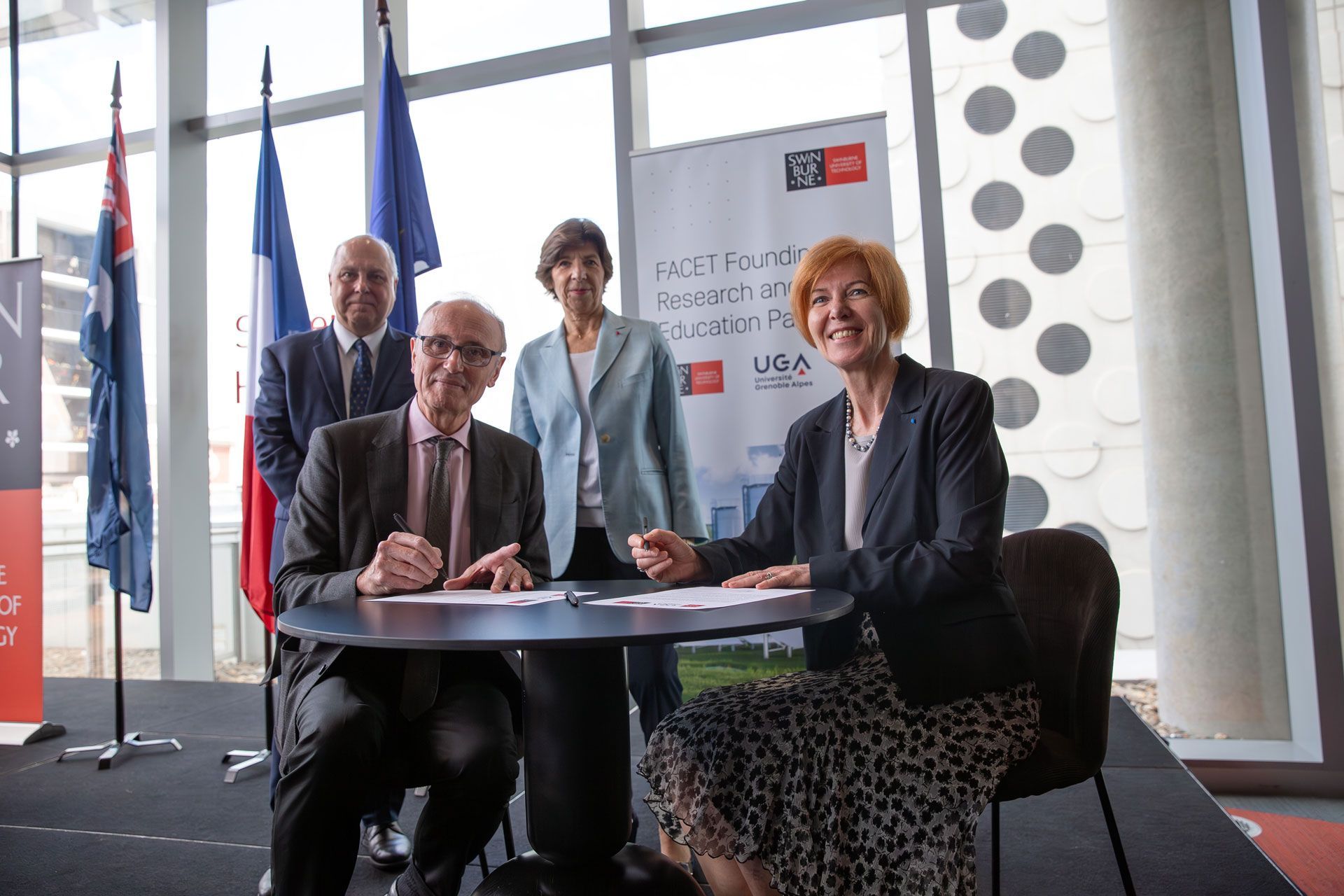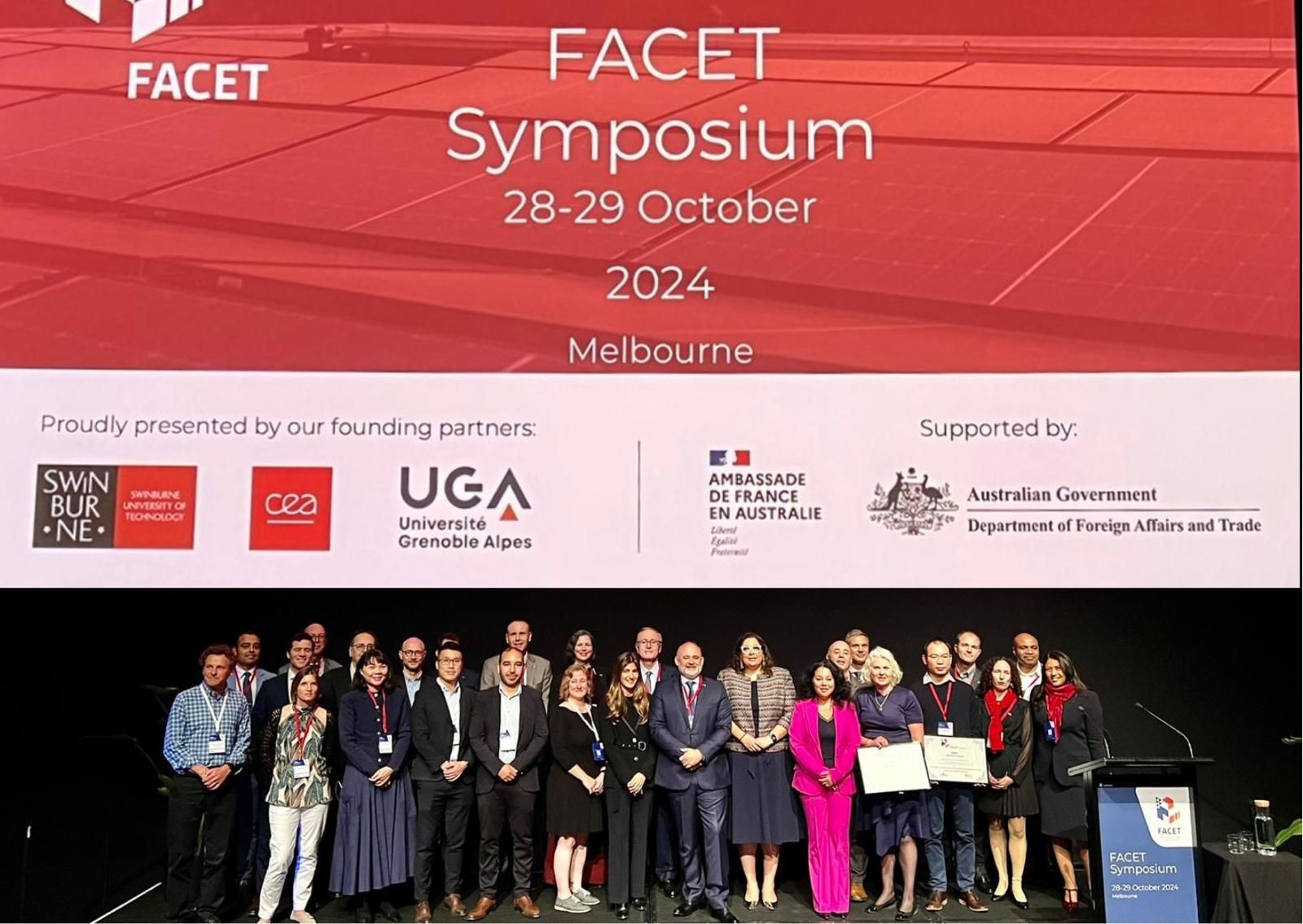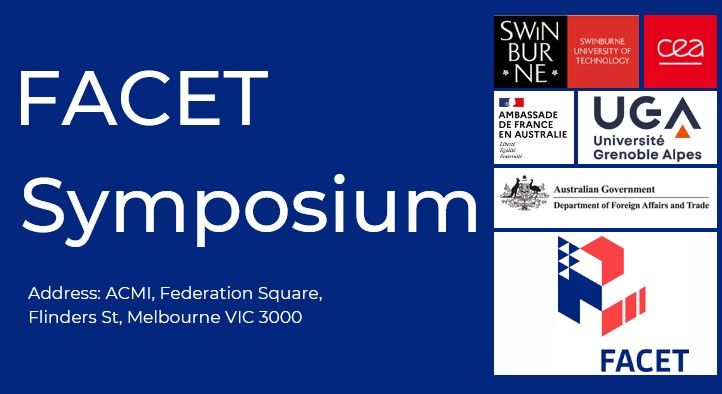
News & events
News

December 5, 2023
The French and Australian governments have announced a historic new partnership to tackle climate change, launching FACET: the French-Australian Centre for Energy Transition . Co-led by CEA, Université Grenoble-Alpes and Swinburne University of Technology (which is also the host of the centre), FACET will strengthen Australia and France’s bilateral relationship by building cooperation on sustainable and inclusive energy initiatives, and support energy transition needs in the Indo-Pacific region. FACET is a key deliverable under the resilience and climate action pillar of the France-Australia bilateral roadmap. Open to partners from universities, research and technology organisations as well as industries, FACET will enable joint activities in innovation, research, education and training, with a strong focus on energy transition, through leadership, low-carbon energy production and supply chain decarbonisation. The centre will support wider adoption of sustainable energy solutions, support multilateral partnerships and advance education and skills to support an ambitious climate change response agenda. French Minister for Europe and Foreign Affairs, Catherine Colonna, and the Australian Assistant Minister for Foreign Affairs, The Hon Tim Watts MP announced the joint endeavour during a visit to Swinburne’s Hawthorn campus. “Global challenges require global solutions. Today, represents an important step forward in our efforts to tackle one of the biggest threats our world faces – climate change – and work towards net zero,” said President and Vice-Chancellor, Swinburne University of Technology, Professor Pascale Quester. “Swinburne is proud to play host to this ground-breaking partnership between France and Australia, reflecting our nations’ shared energy transition ambitions and utilising our world-leading scientific and industry-linked commercialisation capabilities.” Jean-Louis Falconi, Director of International Relations of CEA declared: “CEA and Université Grenoble-Alpes are proud to be alongside Swinburne University of Technology, the founding partners of the new ambitious and promising French-Australian centre for the energy transition. We look forward to jointly developing cooperation on sustainable and inclusive energy initiatives and supporting energy transition needs in the Indo-Pacific region.” About Swinburne, CEA and Université Grenoble Alpes (UGA) Swinburne University of Technology As a dual-sector university, Swinburne offers the unique combination of excellence in research, teaching, skills development and commercial innovation needed to facilitate FACET’s energy transition objectives. The centre will utilise Swinburne’s world-leading strengths in the hydrogen economy, renewable generation systems, energy storage systems, future energy networks and supply chain decarbonisation. It will also bring together capabilities in artificial intelligence (AI), digital and supercomputer research, remote sensing, learning development, commercialisation and work-integrated learning. CEA research and innovation centre CEA is a major French research organisation with strong roots in fundamental research, that provides tangible solutions to meet industrial and societal needs in four key fields: low-carbon energy (nuclear and renewable); digital technology; technology for medicine of the future; defence and national security. Thanks to its integrated energy vision, and its industrial strong connections, CEA plays a key role in the R&D for energy transition in France. This knowledge in various technological fields will be shared within the FACET framework. Université Grenoble Alpes (UGA) UGA is a leading European comprehensive university. Academically, UGA is ranked in the top 150 of ARWU Shanghai’s ranking. UGA is a research-intensive university developing cutting age research from basic to applied research. Located in the heart of the French Alps, UGA is renowned for its scientific and technological research activities, aimed at providing essential training to students and faculty and at addressing societal issues. UGA is very active internationally, with 1,100 partnerships with foreign universities. 17% of its 60,000 students and 47% of its 2,700 PhDs are foreigners, and 155 nationalities are represented. 25% of its Masters courses are taught in English.
Events

October 28, 2024
The Franco-Australian Centre for Energy Transition (FACET) is pleased to announce the first six recipients of the 2024 FACET grant, marking a significant step forward in fostering collaborative energy transition projects between France and Australia. This initiative is backed by financial support from both the French and Australian governments, each committing approximatively €1 million and AUD 1 million annually until 2027. This large-scale partnership is an unprecedented example of France and Australia’s shared commitment to advancing their bilateral roadmap in sustainable development and a greener future. In 2024 alone, FACET has already invested AUD 3.5 million, with additional co-investment from project partners, underscoring the centre’s value to both French and Australian companies. This initiative comes at a time when the energy transition is of increasing economic and political significance, highlighting the need for international cooperation in addressing critical energy challenges. On October 28th, at the inaugural symposium held in Melbourne, the six projects approved by the FACET Steering Committee were officially announced. These initiatives include two strategic programs designed to promote the adoption of innovative solutions by startups and to prepare the future energy workforce, alongside four applied research grants aimed at developing new French-Australian industrial-scale demonstrators. This year, FACET has expanded beyond its founding partners—the CEA Research and Innovation Centre, the University of Grenoble Alps, and Swinburne University of Technology (Host)—to include seven new academic partners across Australia and France: University of Sydney, Victoria University, Flinders University, and University of Adelaide, along with French institutions such as the East Paris Institute of Chemistry and Materials Science (ICMPE) and CNRS' CROSSING lab. In addition, more companies have joined FACET, bringing our network of First Movers in industry collaboration to over 20. These initial projects are helping FACET extend its reach beyond Victoria into New South Wales, Queensland, South Australia, and soon Western Australia, where an expert delegation from CEA, alongside a Business France mission on critical minerals with 30 French companies, will visit as part of the IMARC conference in Sydney. 6 projects launched in 2024 for an investment of 3.5 M AUD by FACET and its partners In collaboration with CEA, the Australian Group Downer is spearheading the development of a pilot industrial demonstrator for e-fuel production, targeting maritime and aviation sectors. This project will pave the way for synthetic fuel production in Australia, addressing emissions in hard-to-decarbonize industries. The team will work with FACET’s ‘First Movers’ companies, including end-user such as Airbus, CMA CGM & Safran, on the study. Murray Richards, Executive General Manager of Downer, highlighted the importance of collaboration, saying, "The energy transition is a complex challenge that requires collaboration and innovation. By working closely with universities, research institutions, and industry, we can unlock practical solutions that drive real impact." The EDF x FACET x Swinburne Startup Programme aims to connect French and Australian companies with startups offering innovative solutions for key energy transition challenges, such as energy storage, renewable energy, and transmission infrastructure. Startups will receive essential commercial and technical support through partnerships and access to EDF’s global network, accelerating Australia’s energy transformation. James Katsikas, CEO of EDF Australia, expressed his excitement about the collaboration, stating, "We are deeply committed to the global fight against climate change. This partnership enables us to combine that global expertise with local innovation to work alongside dynamic startups and to find new and impactful solutions that can accelerate Australia’s energy transition." FACET is also advancing three major applied research projects. One project, in collaboration with Flinders University, ICMPE, and CEA , will focus on future battery solutions, developing rechargeable batteries using organic materials to reduce reliance on lithium, emphasizing sustainability and safety. The second project, involving SUT, CSIRO, and CEA , will enhance community microgrids using advanced technologies for energy distribution and resilience. Also working on complex energy system and partnering with UGA and CNRS-IRL Crossing , University of Adelaide’s team will leverage AI to create smarter, more adaptable grids capable of managing variable renewable energy. Finally, FACET’s Skills Roadmap initiative will begin a study to identify the educational needs of the clean energy sector, preparing the future workforce for the energy transition in both France and Australia. Download the full press release
contact
info@franceaustraliaenergy.com
We're based at Swinburne University of Technology.
16 Wakefield, Hawthorn VIC 3122
Australia

